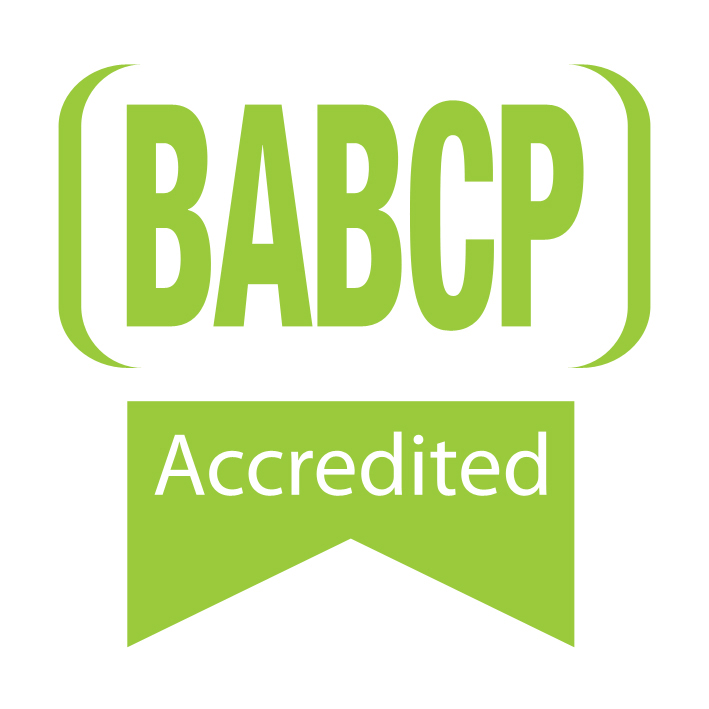Obsessive Compulsive Disorder
The main symptoms of Obsessive Compulsive Disorder (OCD) are obsessive thoughts and compulsive behaviours. An obsessive thought or obsession is an unwelcome or unpleasant thought, worry, doubt, image or urge that appears repeatedly in your mind. These cause anxiety, unease or sometimes, depending on the type of thought or worry, disgust. Compulsions are repeated actions (behaviours or mental acts) that people then do to reduce the feelings triggered by the obsession or obsessive thought. An example might be someone with a fear of their house burning down who would need to check plugs and electric sockets repeatedly before going to bed at night. Many people with OCD have fears of harm being caused if they do not act on their compulsions, which keeps them feeling stuck in the cycle of needing to respond to their obsessive thoughts.
OCD affects men, women and children and can start at any age. It can cause significant distress due to the feelings triggered and through the impact of rituals or compulsive behaviours, carried out to reduce the anxiety, on everyday life. Compulsions can take up a lot of time or mean certain situations are avoided. Relationships can be affected as family and friends may not understand or the person with OCD may want to hide the difficulties from others. People with OCD may also experience feelings of shame about their difficulties or the types of thoughts they experience, or they may feel very alone with their experiences.
Similar to many mental health conditions, the cause of OCD is not fully understood. Recognised triggers though are a family history, possible variations in some brain chemicals, life events, or underlying temperament including high standards and perfectionism, or existing anxiety.
There are, however, some effective treatments for OCD. These are mainly medications, usually a type of anti-depressant, and cognitive behavioural therapy, a talking therapy which helps people manage their obsessive thoughts without needing to act on the related compulsions.
Contact us in confidence to find out more about treatments for OCD.



